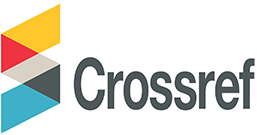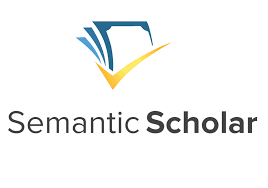Developing Critical Thinking in Language Teaching
DOI:
https://doi.org/10.69760/aghel.02500132Keywords:
critical thinking, English language teaching, problem solving, creativityAbstract
The article analyzes the ways to develop students' critical thinking. The acquisition of higher-order thinking skills is an integral part of the English curriculum. According to research, in order to achieve the ability to think critically and creatively according to the requirements of the curriculum, the ability to make favorable decisions and solve problems should be formed in students, intellectual, physical, emotional, and spiritual factors should be properly balanced. If this is the case, critical thinking will expand the learning experience of students and facilitate the acquisition of a foreign language. Because critical thinking is highly correlated with student achievement. Strong critical thinking means having a correct attitude to facts or events, making an objective analysis.
References
Bensley, D. A., Crowe, D. S., Bernhardt, P., Buckner, C., & Allman, A. L. (2010). Teaching and assessing critical thinking skills for argument analysis in psychology. Teaching of Psychology, 37(2), 91-96.
Dewey, J., & Bento, J. (2009). Activating children’s thinking skills (ACTS): The effects of an infusion approach to teaching thinking in primary schools. British Journal of Educational Psychology, 79(2), 329-351.
Fisher, A. (2001). Critical thinking: An introduction. Cambridge University Press.
Naghiyeva, G. (2024). Choosing the right methods during the formation of speaking skills. EuroGlobal Journal of Linguistics and Language Education, 1(2), 58-64. https://doi.org/10.69760/b2j5bs32
Karakuzular, D. (2013). Developing critical thinking skills of EFL learners through a sequence of critical thinking tasks [Unpublished master’s thesis]. Çukurova University, Social Sciences Institute.
Kow, H. M. (2016). Infusion of critical thinking across the English language curriculum: A multiple case study of primary school in-service expert teachers in Singapore [Unpublished doctoral dissertation]. The University of Western Australia.
Mirzayev, E. (2024). Enhancing Pronunciation Skills through the Eclectic Method in University-Level English Teaching . EuroGlobal Journal of Linguistics and Language Education, 1(2), 139-148. https://doi.org/10.69760/egjlle.2024.046
Rafi, M. S. (2011). Promoting critical pedagogy in language education. International Research Journal of Arts and Humanities, 39(39), 105.
Turkan, I. (2022). Colloquial expression of the affirmative category. In European Research (pp. 155-157).
The rules of writing scientific articles. (2023). Annali d’Italia, 49, 96-98. Ismayilli, T. (2024). The impact of non-verbal communication on the language learning process.
Downloads
Published
Issue
Section
License
Copyright (c) 2025 Acta Globalis Humanitatis et Linguarum

This work is licensed under a Creative Commons Attribution-NonCommercial 4.0 International License.







